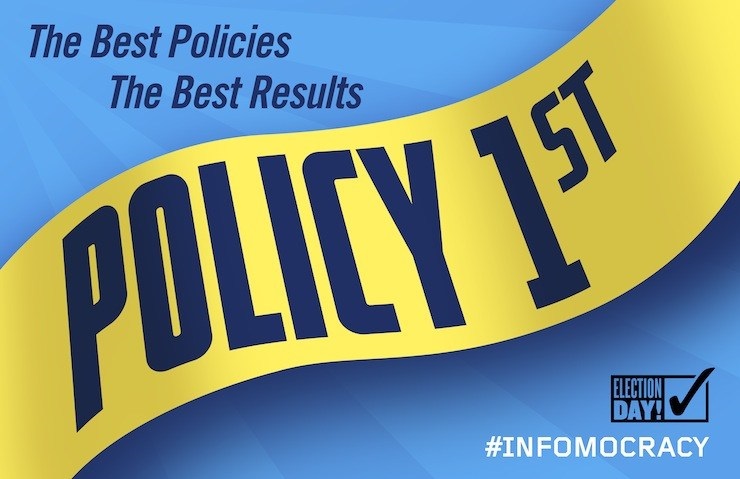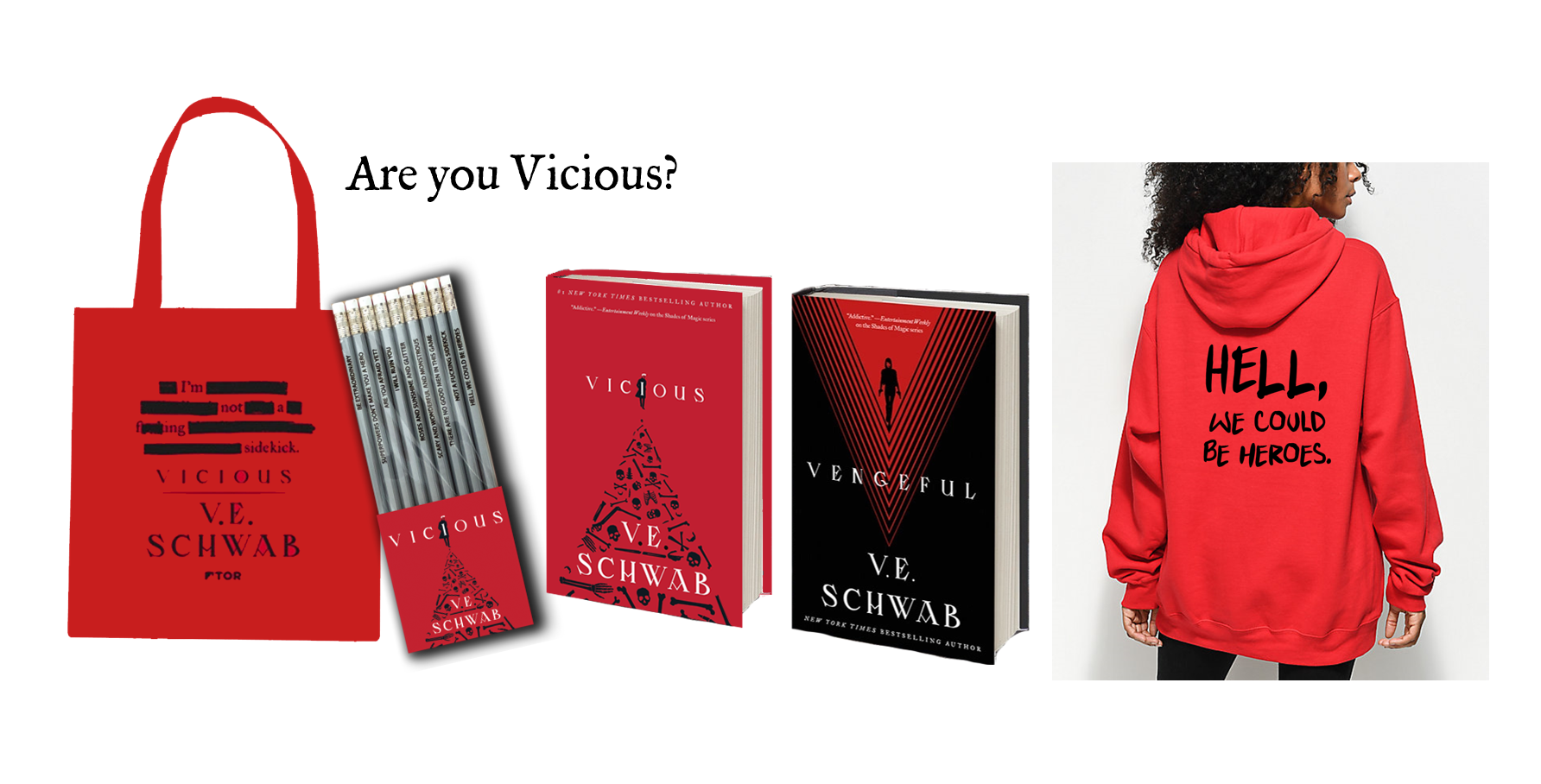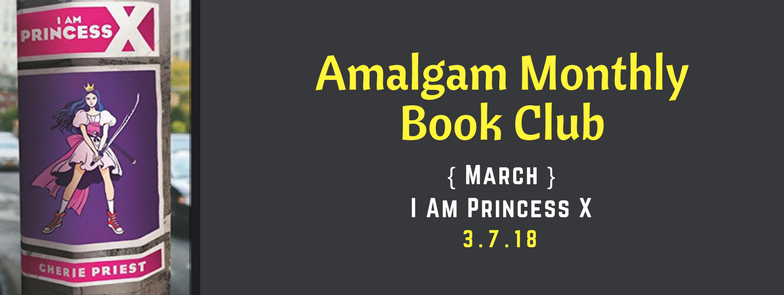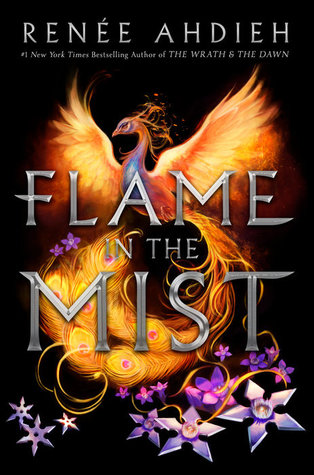A superstitious and patriarchal group called the Talisman has been suppressing knowledge and subjugating women in Khorasan. Led by a man known as the One-Eyed Preacher, the cruel movement continues to grow, bent on world domination. Taking a stand against the Talisman are the Companions of Hira, a diverse group of influential women with powers born from the Claim. By speaking words of the sacred scripture, these women call upon magic to aid them in their fight. Most notable of the Companions are First Oralist Arian and her apprentice, Sinnia. Together they eradicate slave chains while searching for clues that would lead them to the Bloodprint — a dangerous text the Talisman has tried to erase from the world.
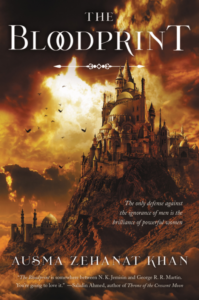
The Bloodprint is an ambitious fantasy novel, the first in its series. Themes of religion, oppression, and politics infuse the story, reflecting author Ausma Zehanat Khan’s PhD in international human rights law with a specialization in military intervention and war crimes.
Khan symbolizes hope through the beautiful, fierce, dedicated, and loyal protagonist: Arian. In the first chapter, Arian destroys any fear and discomfort one would have of slave chains — literally. With Sinnia’s help, she effortlessly kills a group of Talisman who has enslaved some women. I loved everything about Arian, especially her unyielding determination to fulfill her Audacy (mission). She prioritizes her duty and the well-being of women and children, setting aside her heart which yearns for the Silver Mage. By the end of the book, my heart yearned for Arian.
When I first started reading The Bloodprint, it felt like a hill to climb. Adjusting to Khan’s writing style took some time, and many of the capitalized terms confused me. The characters spoke to each other about these terms as though I should’ve already known what they meant.
There is a glossary along with a categorized character list, but I didn’t enjoy flipping the pages back and forth; it disrupted my reading experience and briefly pulled me out of the world. It also didn’t help that many of the terms begin with the same letter — Claim, Companions, Candour, Council of Hira, for example. That being said, I eventually grew accustomed to the terminology and breezed through the rest of the story.
Considering Sinnia is Arian’s apprentice, I thought she’d have more impact. Unfortunately, like any outsider from a different country/region, she gets sidelined because of her appearance. Khan’s tenacious reminders about Arian’s beauty also diminish Sinnia’s characterization. To make matters worse, Sinnia grows jealous of Arian when they meet Zerafshan, a beautiful man from the mountains who only has eyes for the First Oralist.
Jealousy doesn’t pit the women against each other, thankfully. Sinnia remains loyal to Arian but doesn’t give up on her pursuit for Zerafshan’s attention, which I greatly respect her for. I just wonder if it was necessary for Khan to capitalize Sinnia’s ebony skin every time she appears on the page — it’s almost as if Khan won’t let us forget that Sinnia is different from the rest.
The plot twists failed to surprise me, but that’s mainly because I’ve gotten used to betrayals in stories filled with war and politics. The ending didn’t bode well for me; it might be the worst cliffhanger I’d ever encountered.
The tribes reminded me of Horizon Zero Dawn, strange as it is that I’m comparing a book to a video game. People follow their own beliefs and therefore morals will clash. Arian questions her faith in the Claim, which has long since shaped her identity.
I’m usually an avid YA reader, but after finishing The Bloodprint, I’ve come to conclusion that I should read more adult speculative fiction. I’ve gotten so used to reading teenage female protagonists that I forget about the older women who are just as empowering as the younger generation. I would recommend The Bloodprint to those who enjoy fantasy novels that touch on important topics such as religion and equality, as well as anyone who loves inspirational, fearless, beautiful, and badass women.
Rating: 4.5 out of 5 stars
This review contains affiliate links. While Girls in Capes does make revenue from purchases made at affiliate links, reviews are not paid, and all reviews contain the staff writers’ honest opinions of the work.
[coffee]


